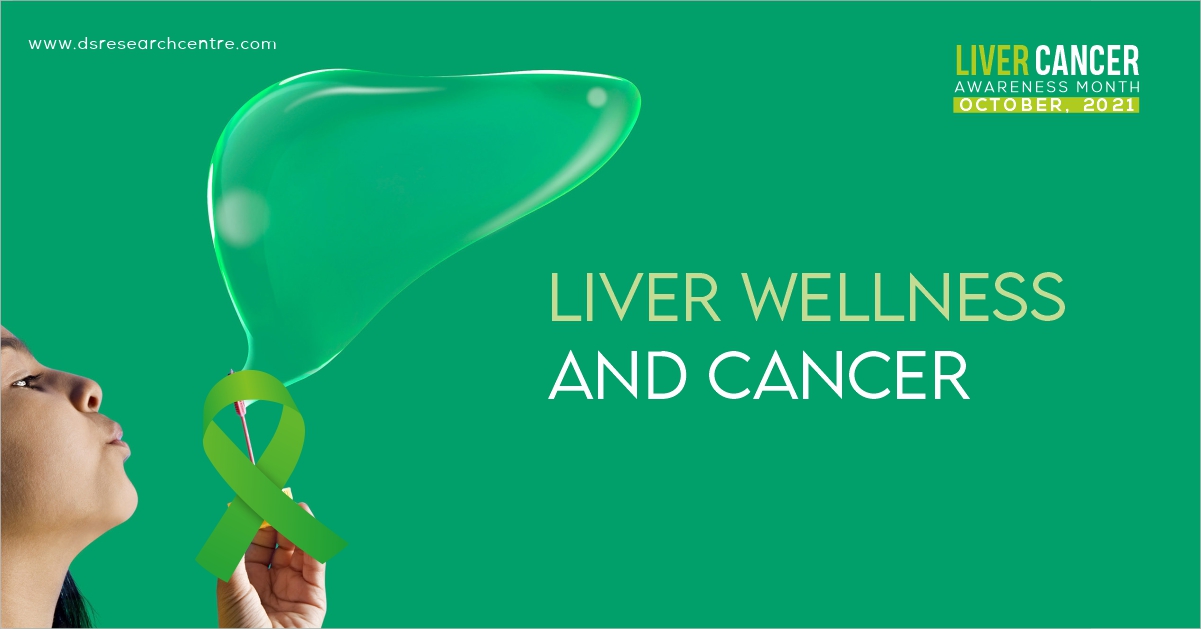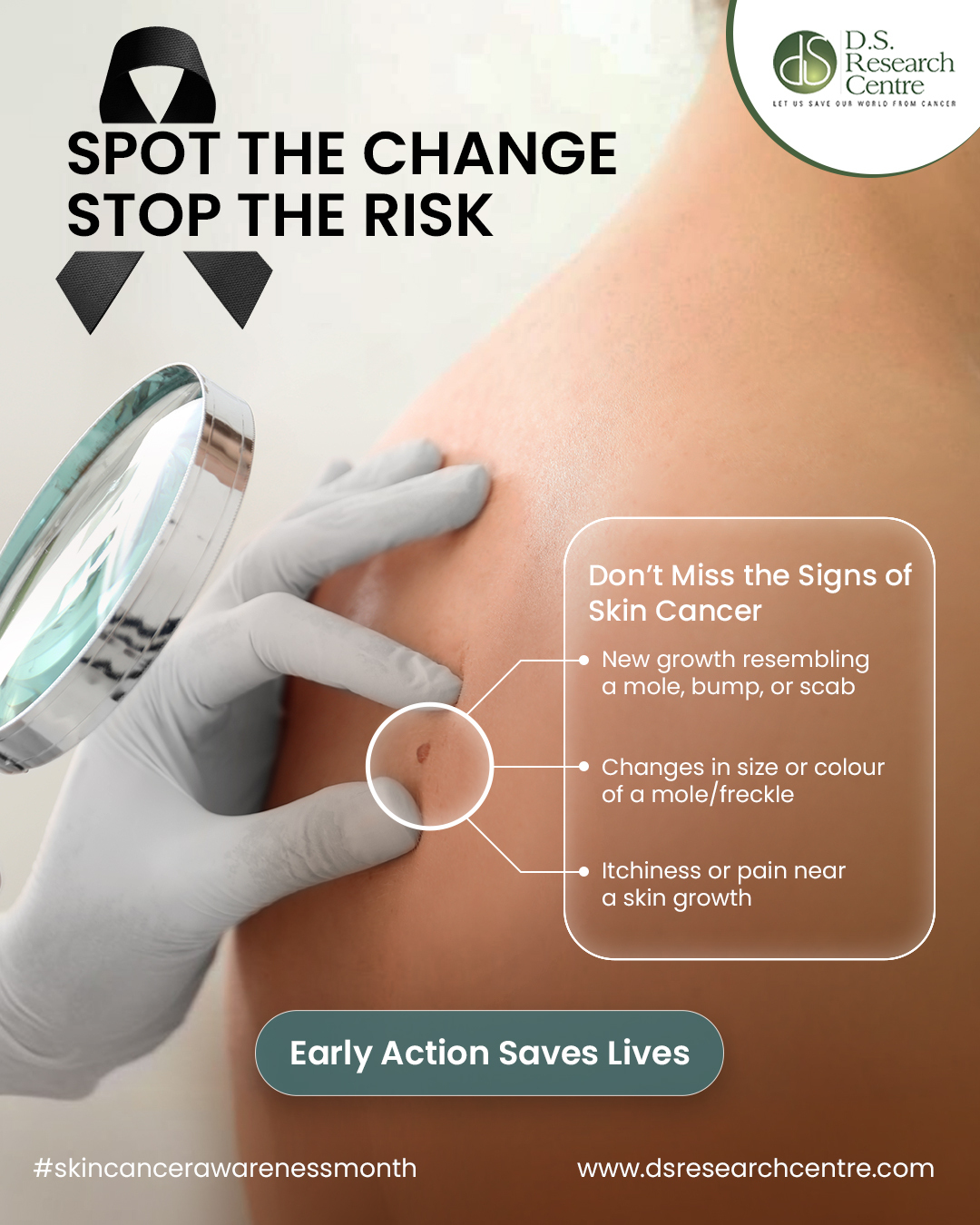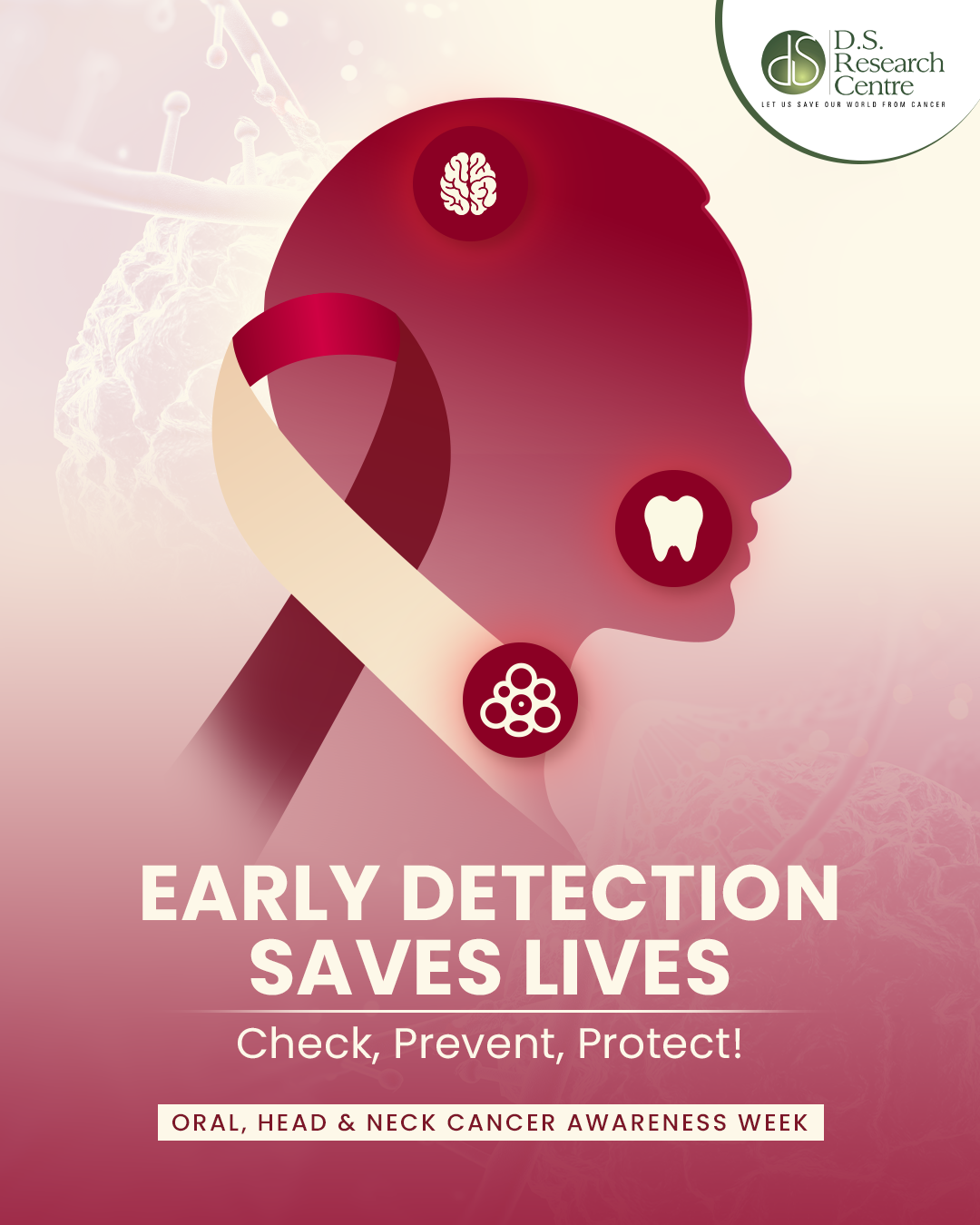The liver - a vital organ of the body - often gets overlooked when it comes to health. Amazingly, it is also the only organ that can regenerate itself. It is a metabolically active organ responsible for numerous vital life functions. The liver, at an estimate, has over 500 functions that serve to keep your body healthy. Its primary functions include filtering the blood for, and neutralizing, toxins, processing nutrients from food, making bile, metabolizing many drugs, breaking down fats, producing cholesterol, and converting glucose into glycogen. The liver also boasts a strong innate immunity to counteract pathogens in the gastrointestinal tract. Considering the many functions of the liver, maintaining a healthy liver will have a significant impact on your overall health and well being.
Many people with liver diseases do not look or feel sick, even though their liver is suffering internally from damages. At a certain point in the progression of the disease, the damage to the liver can become irreversible, and lead to liver failure, liver cancer, or death. Up to 80% of primary liver cancers across the world are caused by infections from Hepatitis B or Hepatitis C virus. Infections resulting from these viruses can have long-lasting effects, often stretching into years, and result in cirrhosis (scarring) in your liver. People normally get infected through physical contact with the blood, or bodily fluids, of a person who has the virus in their body. Other risk factors that contribute to the possibility of contracting liver cancer include smoking, excessive alcohol consumption, cirrhosis of the liver, obesity, accumulation of fats in the liver, etc. Avoiding these risk factors can go a long away in maintaining your health and well being. Every single day, we make decisions that have a lasting effect on the health of your liver. The choices you make for household product purchases, food consumption and daily activities - each of these can can positively or negatively affect your liver. Following healthy lifestyle measures - regular exercise, controlling your weight, adhering to a balanced and healthy diet, avoiding smoking and alcohol consumption, and getting vaccinated against Hepatitis B virus - can help alleviate the risk of developing liver cancer. Furthermore, people already at a risk of contracting the disease should opt for yearly screenings to ensure early detection and treatment, and enhance the possibility of a cure.
It is often hard to diagnose liver cancer early because signs and symptoms often do not manifest until the disease is at a more advanced stage. Once the symptoms appear, they can include fatigue, bloating of abdomen or feeling of fullness in the abdomen, pain in the right side of the upper abdomen or back, nausea, loss of appetite, unintentional weight loss, weakness, fever, jaundice, and the like. Screening options for liver cancer include Tumor Marker Test - testing the blood for alpha-fetoprotein (AFPO), and imaging tests like ultrasound, computed tomography (CT) scan, magnetic resonance imaging (MRI), and PET CT scan. Along with regular screening, practice awareness. This means you should be familiar with your body. If you notice any changes like jaundice, weight loss, pain, etc., consult a doctor with all due haste.
Liver Cancer can be handled effectively if detected early and treated timely.








Posted on April 15, 2016
Posted on April 15, 2016